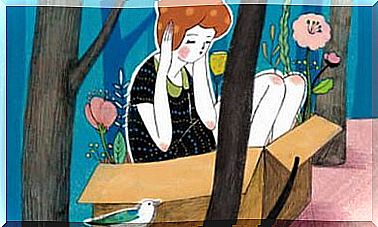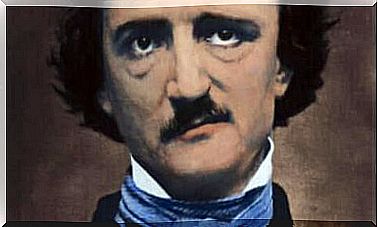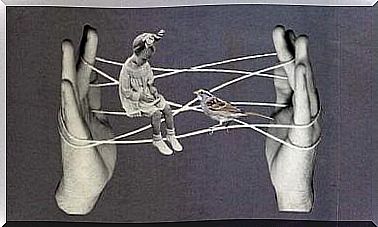Irena Sendler, Biography Of The Polish Angel
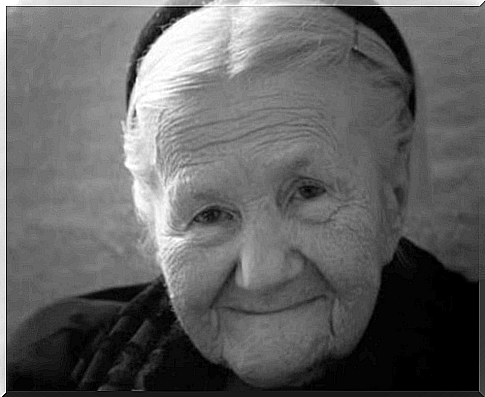
Irena Sendler worked as a nurse in the Warsaw social system, the main body that ran the city’s community canteens when Germany invaded Poland in 1939. Discreet and courageous, Sendler saved the lives of over 2,500 children during the armed conflict, but her exploits they were only recognized in 1999 thanks to a group of American students during a Holocaust project.
The story of Irina Sendler fell by the wayside for nearly half a century; until then, our protagonist was unknown beyond the Polish borders. She was not cited too much even by the media and by the historians of her country, partly because of the years of Communist obscurantism that had erased her exploits from the history books, according to the research conducted.
Irena Sendler’s early years
Not much is known about his childhood. We know that her father was a country doctor and that he died when she was 7 years old. The man passed on to his daughter the values that led her to save thousands of human lives and inherited her courage from him.
He would have remembered two rules of his father throughout his life: always helping those in need and working for the good of the community. In the name of that, she distinguished herself as a discreet woman who limited herself to doing her job and helping her people.
Irena was born in 1910 in Warsaw. From an early age he sympathized with the Jewish population, who in the years preceding the Second World War lived oppressed by the Polish government. When she started practicing as a nurse she became the spokesperson for the cause against discrimination against these people. Following this, she was expelled from the University of Warsaw for three years; after which he resumed and completed his studies.
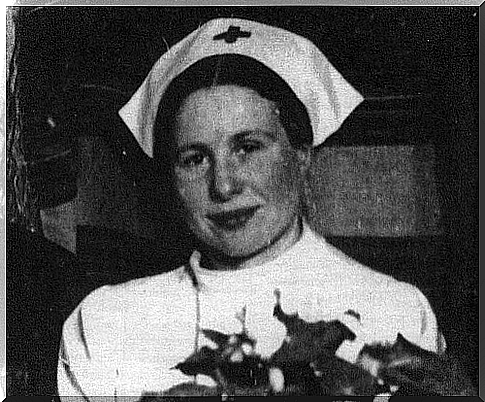
Irena Sendler’s humanitarian commitment
In 1939, in full invasion of Poland by the Germans, Irena worked as a nurse and social worker in the community canteens. He devoted himself relentlessly to alleviate the suffering of thousands of people. Thanks to her, the canteens offered meals to orphans, the elderly and the poor. They donated clothes, medicines and money.
In 1942, in response to the Nazis’ creation of a ghetto in Warsaw, Sendler enlisted in the Jewish Aid Council, known as Zegota.
Shocked by the atrocities she had to witness every day, she soon proposed to the families to take their children away from the ghetto with her help. His goal was to make them survive the genocide. Many mothers accepted Irena’s help with resignation, even though they knew they would never see their children again.
For the escape of the children he used whatever subterfuge he had at his disposal. He managed to save many children by hiding them in garbage bags, cartons, ambulances or pretending they were sick with typhus.
Irena used a badge from the Polish health office, as the Germans did not dare to carry out checks on the sick population for fear of being infected. In a year and a half, more than 2,500 children from the ghetto disappeared.
The Sendler dossier
His heroic deeds continued even after he rescued the children. He wished they could one day be reunited with their family. To this end, he created an archive in which he recorded each child and the identity of the host families. For added security, he put all the data into glass jars which he buried in the garden.
It didn’t take long for the Nazis to notice the actions of Irena, who was arrested by the Gestapo in October 1943. Despite the torture he suffered, he never revealed the details of the children or the names of his collaborators. Finally, she was sentenced to death, but thanks to the help of a Nazi soldier she managed to escape from prison. His name was transcribed on the lists of condemned, but he carried out his work under a false identity.
After the war, Irena Sendler handed over the list of names buried in the garden to the Committee of Assistance for the surviving Jews. However, most of the children’s families of origin had been decimated in concentration camps. We therefore continued with the search for adoptive families for some of them and orphanages for others. The latter were gradually transferred to Palestine.
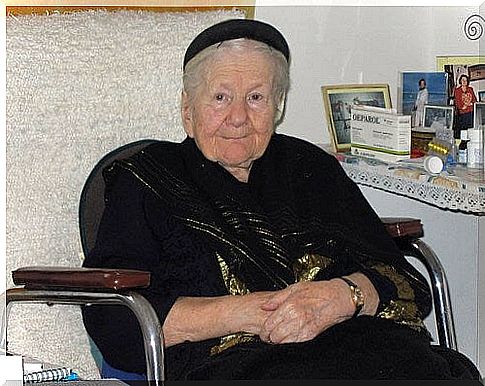
Irena Sendler: awards and honors
After decades of anonymous life, a photograph of him was published in the newspapers. Many recognized this woman as the nurse who had saved their life.
Irena Sendler received, among other awards, the most important Polish honor: the Lady of the Order of the White Eagle. In 2007 she was nominated for the Nobel Peace Prize. She died on May 12, 2008, at the age of 98.
He never thought he would receive recognition for his selflessness. Neither for enduring the torture of the Nazis nor for spending decades besieged by the post-war communist regime. It was more and more important for her to help others than to receive any recognition.



